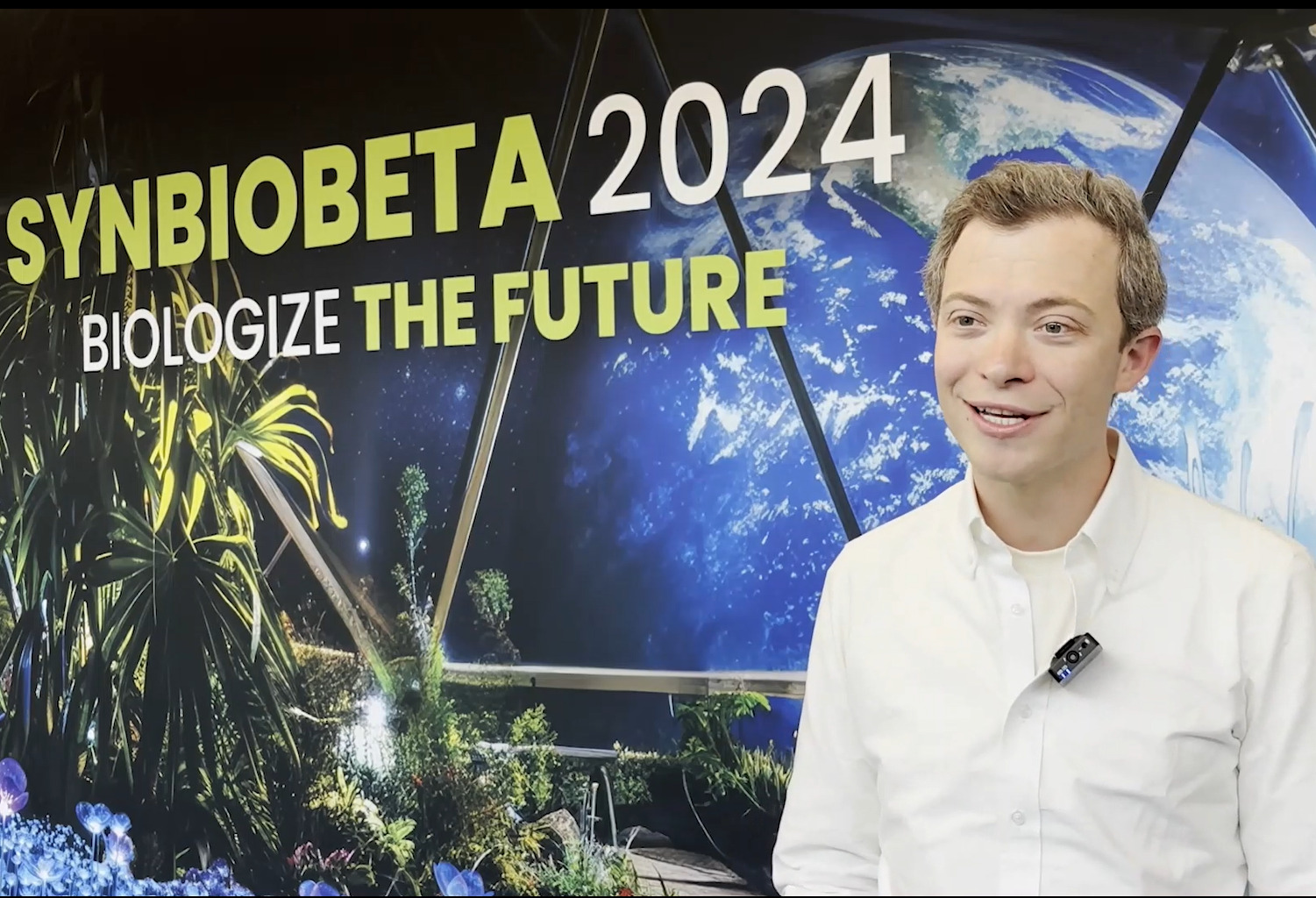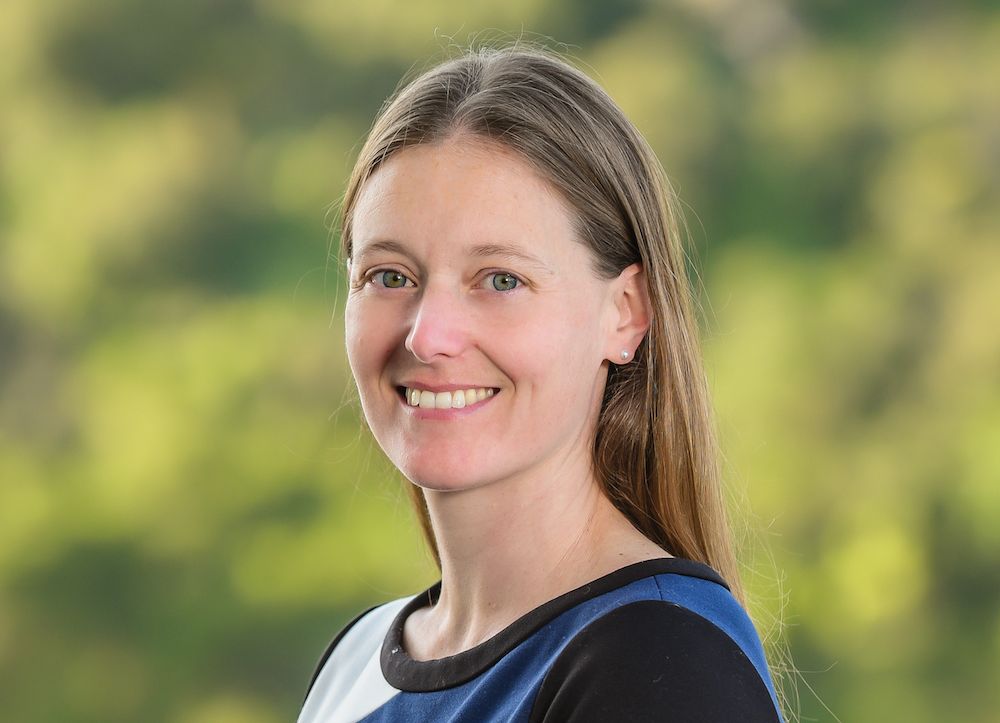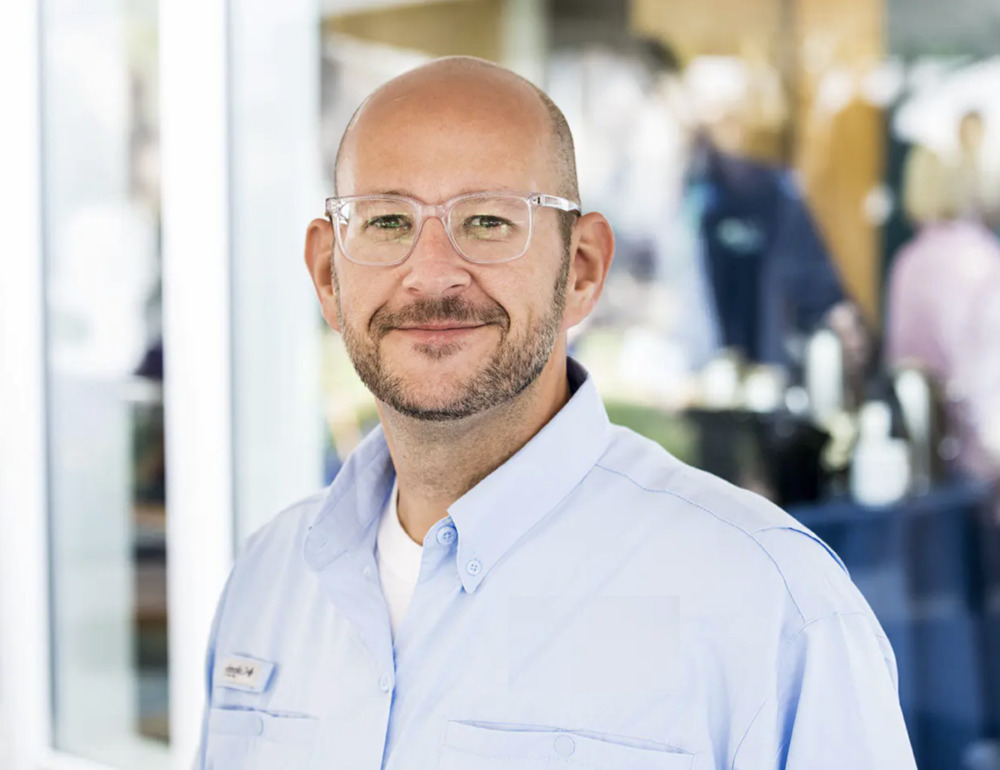The European Food Safety Authority ‘s (EFSA’s) novel foods process can be hard to navigate, in part because startups don’t have a structured way to get guidance before submitting applications, say startups.
However, the UK Food Standards Agency (FSA) is taking a “more tailored approach” via its new cultivated meat sandbox program, helping companies understand exactly what is required before they submit their dossiers.
Startups selected to participate in the program—Hoxton Farms (UK), BlueNalu (USA), Mosa Meat (The Netherlands), Gourmey (France), Roslin Technologies (UK), Uncommon Bio (UK), Vital Meat (France) and Vow (Australia)—will each have one-on-one consultations with the FSA, Robert Jones, VP global public affairs at Netherlands-based startup Mosa Meat, told AgFunderNews.
“But there will also be monthly workshops where we’re all together. The learnings from the group work and the learnings from the private consultations are all anonymized and will be added into continually updated guidance.”
A more streamlined process
The FSA retained the [EU] novel foods framework after Brexit, but “pretty quickly began to think about ways it could optimize,” said Jones, who was speaking to us at the Future Food-Tech summit in San Francisco last week. “EFSA has updated its guidance, but there’s still need for more clarity.”
As for the ideal process, he said, startups want to be able to ask specific questions about their products and processes prior to formally submitting a dossier. They also want a process whereby interacting with a regulator on one aspect of the technology doesn’t mean the entire application is put on pause.
Mosa Meat, meanwhile, has “purposely waited [to seek UK approval] because we wanted to be in this intensive engagement and make sure we file a bulletproof dossier,” said Jones. Mosa Meat has thus far filed regulatory submissions in Singapore, Switzerland and the EU, and a UK application is “imminent,” he said.
Information sharing
Asked whether sandbox participants would be able to share much information without running into IP issues during their monthly workshops, he said: “Each company is going to make a different decision about the level of sensitivity [of information being shared with potential competitors]. Because Mosa Meat spun out of a government grant and a research project at the University of Maastricht, we have tended to be more open, and we’ve also published peer-reviewed papers.”
But he added: “We’ve found at [trade association] Cell Ag Europe that probably 80%+ of the components in the growth media are common, for example, so there’s lots of space for us to talk about those and about production processes and safety protocols, things that need to be standardized to make it easier for regulators.”

Resourcing and timelines
Max Jamilly, cofounder and CEO at UK-based cultivated fat startup Hoxton Farms [disclosure, AgFunderNews’ parent company AgFunder is an investor] noted that the FSA has published guidance for cultivated products under a novel foods framework.
However, the framework was not originally designed for cellular agriculture, he observed. “While some companies have already submitted applications, there is still uncertainty in the approval process, particularly in terms of how requirements are interpreted. More specific guidance is needed to ensure the process is fit for purpose.”
The sandbox is “not designed to accelerate individual approvals, but rather to improve the overall regulatory process by ensuring safety assessments are robust and better tailored to cultivated meat,” he added.
The biggest issue for the FSA continues to be resourcing and timelines, meanwhile, said Jamilly, who expects to submit an application in the UK this year. “The FSA has made great steps with the £1.6 million ($2.1 million) in funding for the sandbox, but it will need more resources to keep up the pace. The FSA is managing a high volume of novel food applications across multiple categories, which has stretched its capacity and slowed approvals.”
That said, the UK has begun modernizing its system, including by “creating a public register replacing statutory instruments and removing renewal requirements,” he said, although “further streamlining and additional funding will be essential.”
Public tastings
Another area of opportunity is creating a regulatory framework in the UK for public tastings of cultivated meat products, added Jamilly, something that is permitted in Singapore and the Netherlands, enabling firms to get consumer feedback before products have been approved for commercial sale. “A similar initiative in the UK could help familiarize the public with cultivated meat while supporting regulatory transparency.”
Finally, international alignment is critical, he said. “Hoxton Farms is likely to receive regulatory approval in other markets such as Singapore before the UK. If we produce cultivated fat in the UK post-approval, we will need to export the product. While we now understand the process for importation into Singapore, a major challenge will be facility inspections.
“The UK’s Department for Environment, Food and Rural Affairs (DEFRA) will need to coordinate with the Singapore Food Agency (SFA) to ensure UK production sites meet export standards. This process could take significant time, so early engagement is essential to prevent companies from relocating production outside the UK.”

BlueNalu: ‘We appreciate the FSA’s more tailored approach’
Asked whether regulators are able to move quickly enough, the FSA’s commitment to reviewing two dossiers in two years seems “reasonable,” said Dr. Lauran Madden, CTO at US-based cell cultivated seafood firm BlueNalu.
“For context, the US has only issued three no questions letters over the past several years, with all dossiers taking 1-3 years,” she said. Meanwhile, “EFSA reviews in the EU can often take 2.5–5 years, given the potential need for ‘stop the clock’ events during the review process,” added Madden, who is “committed to pursuing market authorization in the UK.”
In the EU, she said, the regulatory framework is “known to be rigorous, with complex requirements that can be challenging to navigate.” And while updated guidance adopted in February 2025 provided more clarity, she said, “the absence of direct consultation can still make the process difficult.”
While some EU countries allow for independent submissions, they largely follow the EFSA guidelines and do not necessarily enable a faster review process, meanwhile. “We appreciate the FSA’s more tailored approach, which involves working directly with companies to establish clear guidelines and create a consistent regulatory pathway.
“Similar approaches are being developed by regulators in Singapore (SFA) and Australia (FSANZ), and are in progress in the US, Korea and Japan. This type of science-driven, transparent framework can serve as a valuable model for other nations and contribute to broader regulatory harmonization.”





